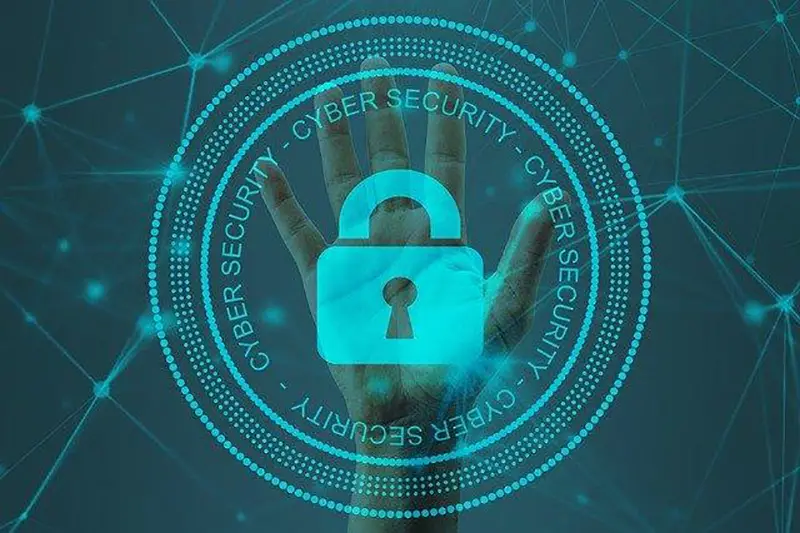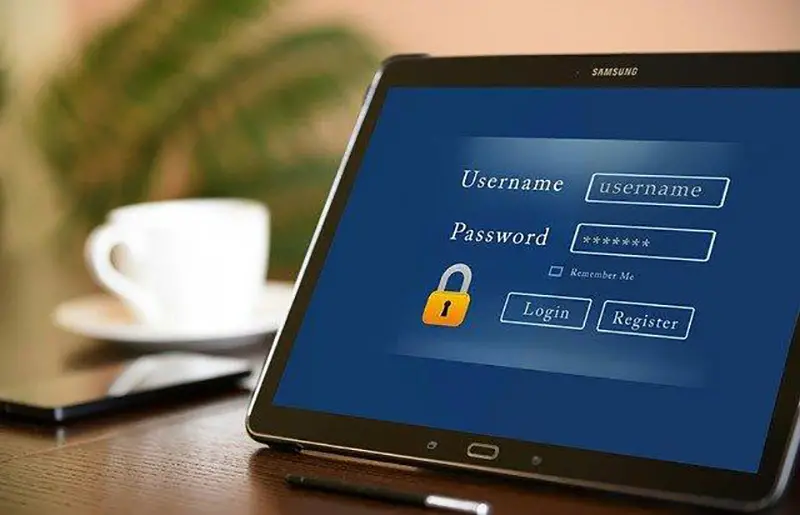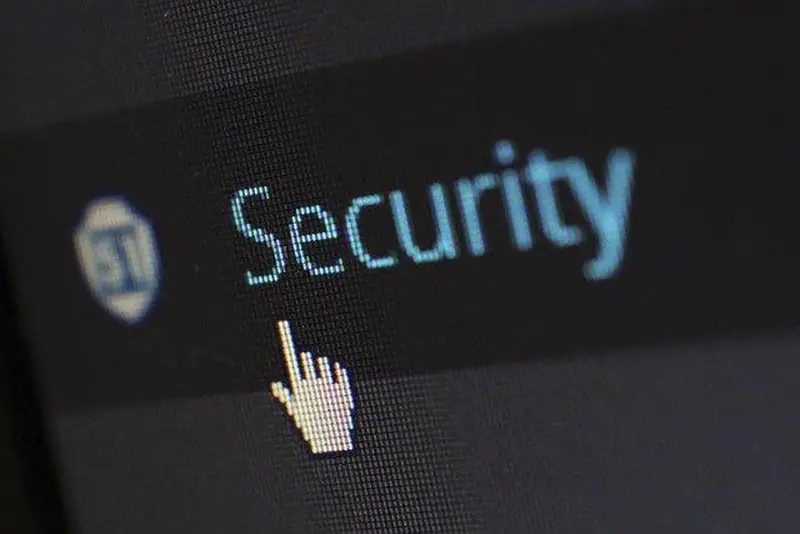Click here to get this post in PDF
People all around the world have access to the internet through their mobile phones and computers. And in the last decade, cybersecurity has become a must so that you can protect your data from cybercriminals. So whether it is your office device or personal, you need to learn how to protect your internet-connected devices.
Cyberattacks are prevalent these days, and it can be challenging to stay protected. But don’t worry; there are many tricks that you can apply so that you can protect your devices even without technological background. However, if you want to learn about Industrial Cybersecurity, you can read more on this page and get your certification done online.
Here are some quick cybersecurity tips that you should know so you can avoid any security breach:
Update. Update!
One of the first things that you should do is update your device. If you haven’t already, do it now! Whether it is your phone, laptop, or computer, staying up to date with the latest software will protect your device and close any holes within your operating system.
Often, hackers look for ways to penetrate through these gaps and gain access to your system. Software updates strengthen your security or firewalls, improving your stability and performance.
Two-Factor Authentication
While it is important to have a strong password, it can still be hacked or breached by cybercriminals. That’s why it is crucial that you enable two-factor or multi-factor authentication to keep your accounts secure.
This additional layer of security is very useful and disavows anyone unauthorized to gain access to your account. Most websites and accounts today offer this feature, so make sure you enable it. Use these ways to protect your account from hackers today.
Avoid Phishing Scams
Phishing scams are one of the worst cyber threats and are very easy to fall for. If you are not careful, it can give your hacker access to your device. The most common scam is through emails where a person poses as someone else in an attempt to gain personal information from you like password, OTP, credit card details, and so on.
Some emails contain malicious links that can corrupt your device, like a ransomware attack. Ensure you learn to identify these emails and delete them without opening them.
Antivirus Software
A quick and easy way to protect your devices is to use antivirus software to protect your system from known and unknown threats. When a virus enters your system, it damages and corrupts your files which can be very difficult to undo.
Make sure you choose good and reliable antivirus software to protect your device and avoid any kind of security breach. The software will also ensure that your device works at its optimum speed and that all your programs run efficiently.
Avoid Unknown Sites
No matter how good a deal or offer may be, you should definitely avoid it if it is directing you to an untrusted or suspicious site. Unfortunately, cybercriminals often use these sites, so they can automatically install malware and compromise your device.
These sites are never secure, and if you type any personal information on them, the hackers controlling the site can use it against you. If you have the slightest suspicion, close the window and avoid doing anything on these sites.
Avoid Debit Card Payment
Making an online payment is quite easy, but sometimes your card details stay online. Now the hacker may not directly attack you, but it will attack sites that store this information and gain access to your financial information.
Most of the time, your debit cards are directly connected to your savings account; instead, use your credit card information to make purchases and avoid risking your details being leaked. And if you use any of your cards, make sure you do not save your payment information, even though it can reduce your purchasing time.
Always Backup Your Data
The most important tip I can give you is always to back up your data and do it regularly. You even know what can happen, and sometimes you can’t even avoid it. Hackers and cybercriminals constantly seek ways to hijack, steal, and disrupt people’s personal information.
If your device gets infected with a virus or malware, you can only save it by rebooting your system. By backing up all your necessary information, you will not lose your precious files and secure them safely. Here are some quick social media cybersecurity tips that can protect your business profiles.
Use these important cybersecurity tips today and protect yourself from cyber-attacks. Keep in mind that sometimes the smallest of things that you ignore can cause massive problems. So be alert and watch for cyber threats!
You may also like:




